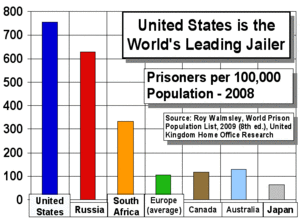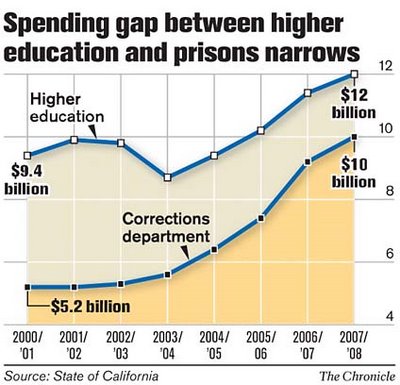Anita Singh wrote for the Telegraph today, Carlos Fuentes: legalise drugs to save Mexico,
Nobody is winning except the profiteers in arms andFuentes, Mexico’s greatest writer and a former diplomat, addressed the contemporary problems of Latin American — in particular, Mexico’s drug problem.
He said: “The drug traffickers are in Mexico, they send the drugs to the US and once they get across the border what happens? We don’t know who consumes them. We can’t prosecute, we can’t defend. It’s a very difficult situation for us Mexicans. The governments of the US and Mexico have to fight drug trafficking together.”
Fuentes believes that decriminalising drugs is the only way to end the violence that in the past five years has claimed nearly 50,000 lives of gang members, security forces and innocent bystanders.
“It is a confrontation. Sometimes we win, sometimes they win. But there are 50,000 killed and the relatives of those people don’t care who is winning.
 pesticides, such as
Monsanto.
And even mighty MON is losing to
Boliviana negra.
Alcohol prohibition produced Al Capone and other gangsters;
the failed War on Drugs produced drug gangs and ever more
vicious militarization of police forces,
right up to the Mexican failed “solution” of calling out the Army
into the streets.
pesticides, such as
Monsanto.
And even mighty MON is losing to
Boliviana negra.
Alcohol prohibition produced Al Capone and other gangsters;
the failed War on Drugs produced drug gangs and ever more
vicious militarization of police forces,
right up to the Mexican failed “solution” of calling out the Army
into the streets.
 We’re all losing through lack of money for education and militarization of our own police.
We can’t afford this costly failed experiment.
The real solution is the same today as in 1933:
legalize, regulate, and tax.
That will also drop the U.S. prison population way down,
saving a lot of money that can be used for education.
It’s going to happen eventually, so building more prisons that will end up being closed is
a bad idea.
We’re all losing through lack of money for education and militarization of our own police.
We can’t afford this costly failed experiment.
The real solution is the same today as in 1933:
legalize, regulate, and tax.
That will also drop the U.S. prison population way down,
saving a lot of money that can be used for education.
It’s going to happen eventually, so building more prisons that will end up being closed is
a bad idea.
-jsq













